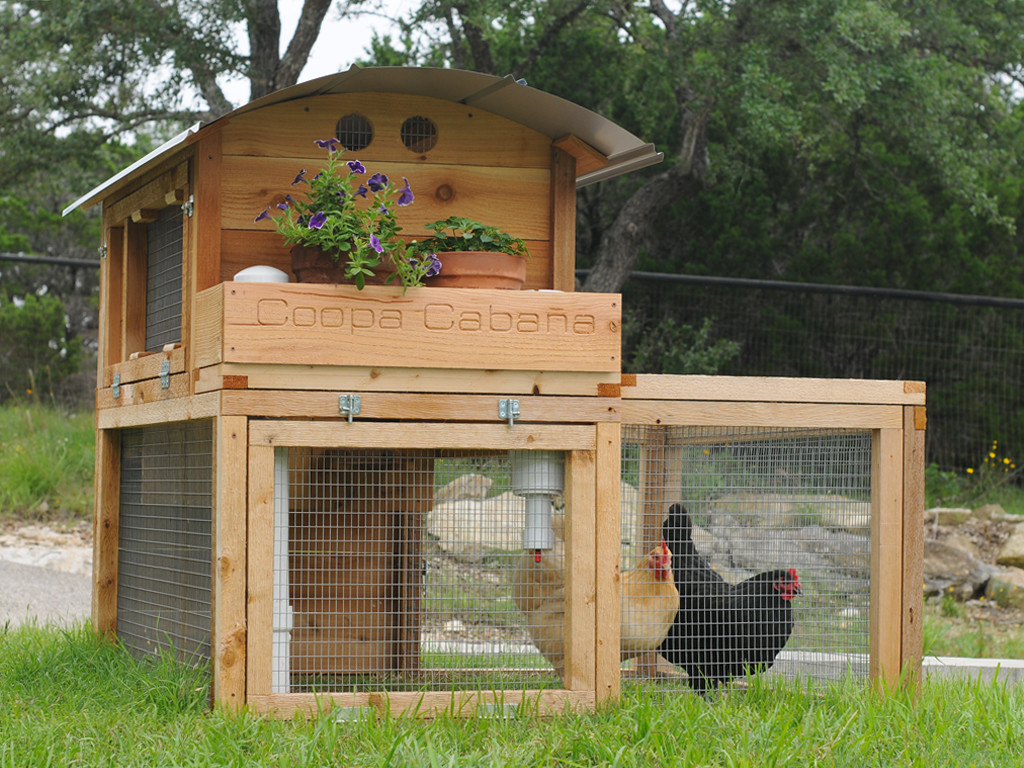Owning chickens in Valley Stream?
Current code allows, but the board doesn’t, trustee says
Village Trustee Vincent Grasso is preparing a series of guidelines to present to his colleagues at Village Hall in order to streamline the process for getting permits to keep chickens in Valley Stream — a prospect that Grasso bills as providing a unique opportunity for residents to learn about nature and sustainability.
“What the initiative is trying to do is find some sort of a compromise,” Grasso said. Chicken ownership is legal by permit in the village, but applications have been summarily denied in recent years. He’s hoping that building guidelines into the permit issuing process might provide “some level of comfort that it’s not going to be a nuisance.”
The guidelines that Grasso is considering include a limit of no more than four chickens per half-acre, mandating rodent-proof feed containers, strict enforcement of coop size and placement (four square feet and situated at least 10 feet from any property line), requiring chicken vaccination certifications, and a provision that would allow code enforcement to routinely inspect permit holders’ properties.
Grasso said that keeping chickens has implications beyond fresh eggs. Raising animals fosters empathy in people by caring for another living creature, he said. “It gives a closer connection to what we are as human beings,” Grasso said. His research identified other benefits: insect control, droppings that serve as a great natural fertilizer, and a relatively inexpensive pet for children.
Grasso said he hoped that by addressing residents’ main concerns, he could create an opportunity for residents who are interested in keeping chickens. “This is one more effort to try to get Valley Stream to be a village of ‘yes,’” he said. “Is it for everybody? Of course not.”
‘Backyard chicken movement’
Far-fetched as it may seem to some suburban dwellers, experts say the idea of raising chickens in urban areas is nothing new.
“In many ways, it’s a return to how people fed themselves in the past,” said Bob Brinkmann, director of sustainability studies at Hofstra University. “In cities, it wasn’t uncommon at all for people to have chickens in their backyards, and they’re really quiet if you don’t have roosters.”

 48.0°,
Overcast
48.0°,
Overcast 




